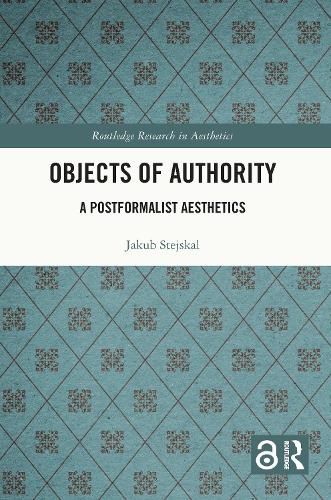Readings Newsletter
Become a Readings Member to make your shopping experience even easier.
Sign in or sign up for free!
You’re not far away from qualifying for FREE standard shipping within Australia
You’ve qualified for FREE standard shipping within Australia
The cart is loading…






Is the celebrated elegance of Cycladic marble figurines an effect their Early Bronze Age producers intended? Can one adequately appreciate an Assyrian regal statue described by a cuneiform inscription as beautiful? What to make of the apparent aesthetic richness of the traditional cultures of Melanesia, which, however, engage in virtually no recognizable aesthetic discourse? Questions such as these have been formulated and discussed by scholars of remote cultures against the backdrop of a general scepticism about the prospects of escaping the conditioning of one's own aesthetic culture and attuning to the norms of a remote one. This book makes a radical move: it treats the remote observers' lack of aesthetic insight not as a hindrance to aesthetic analysis, but as a condition requiring an aesthetic theory that would make room for an aesthetic analysis independent of the model of competent aesthetic judgement or appreciation.
Objects of Authority represents a rare effort at bringing together methods and concepts that are often addressed by separate disciplines. It will appeal to scholars and advanced students working on philosophical, art-historical, and anthropological theories of visual art and material culture.
$9.00 standard shipping within Australia
FREE standard shipping within Australia for orders over $100.00
Express & International shipping calculated at checkout
Is the celebrated elegance of Cycladic marble figurines an effect their Early Bronze Age producers intended? Can one adequately appreciate an Assyrian regal statue described by a cuneiform inscription as beautiful? What to make of the apparent aesthetic richness of the traditional cultures of Melanesia, which, however, engage in virtually no recognizable aesthetic discourse? Questions such as these have been formulated and discussed by scholars of remote cultures against the backdrop of a general scepticism about the prospects of escaping the conditioning of one's own aesthetic culture and attuning to the norms of a remote one. This book makes a radical move: it treats the remote observers' lack of aesthetic insight not as a hindrance to aesthetic analysis, but as a condition requiring an aesthetic theory that would make room for an aesthetic analysis independent of the model of competent aesthetic judgement or appreciation.
Objects of Authority represents a rare effort at bringing together methods and concepts that are often addressed by separate disciplines. It will appeal to scholars and advanced students working on philosophical, art-historical, and anthropological theories of visual art and material culture.